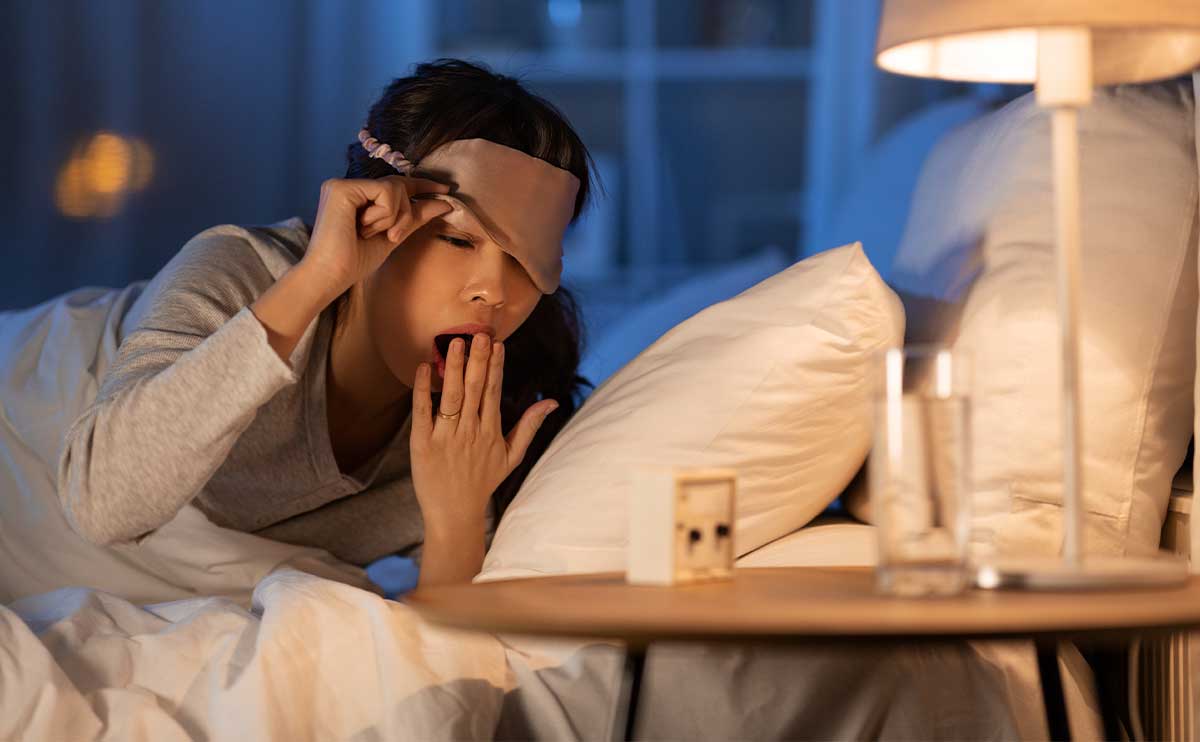Sleeping disorders are among the common health problems that directly affect individuals’ quality of life and negatively affect daily functionality. Sleep is one of the basic needs for a healthy life. However, many people cannot get quality sleep due to disorders in their sleep patterns.
Various sleep disorders, such as insomnia, sleep apnea, narcolepsy, restless legs syndrome, and parasomnia, require neurological evaluation and treatment.
What are Sleeping Diseases?
Common Sleeping Disorders
- Insomnia
This condition, defined as difficulty falling asleep or staying asleep, manifests itself with symptoms such as not being able to fall asleep, waking up frequently and waking up tired.
- Sleep Apnea
Sleep apnea, known as short-term stopping of breathing during sleep, is usually manifested by snoring. This condition negatively affects many systems, especially heart health, by reducing the oxygen level.
- Narcolepsy
Narcolepsy, which manifests itself with excessive daytime sleepiness and sudden sleep attacks, is a sleeping disorder that makes people’s daily lives difficult.
- Restless Leg Syndrome
It manifests itself with a feeling of discomfort in the legs and the need to move the legs due to this feeling. These symptoms, which increase especially in the evening hours, make it difficult to fall asleep.
- Parasomnias
Abnormal behaviors that occur during sleep, such as sleepwalking, nightmares, and night terrors, are called parasomnia and are often seen in children.
What are the causes of sleeping disorders?
Sleep disorders can have many causes. Genetic predisposition, stress, anxiety, depression, irregular sleep habits and some neurological diseases can cause sleep problems. For example, individuals with sleep apnea often experience conditions such as nasal congestion and excess weight; People with restless legs syndrome may have iron deficiency or neurological disorders.
What are the Diagnostic Methods of Sleeping Diseases?
Patient history and neurological examination are of great importance in the diagnosis of sleeping disorders. Specialist Dr. Gökçen Hatipoğlu uses various methods in the diagnosis of sleeping disorders in his practice:
- Sleep Diary Method
A sleep diary, in which the patient’s sleep patterns, falling asleep time and waking hours are recorded, is helpful in identifying sleep problems.
- Polysomnography Method
This test, performed in a sleep laboratory, plays an important role in diagnosing sleep disorders by recording brain waves, breathing, heartbeat, eye movements and muscle activity.
- Actigraphy Method
This test, performed with a device that records the patient’s sleep and wakefulness periods, is used to diagnose problems such as insomnia.
Treatment Methods of Sleeping Diseases
Treatment of sleeping disorders varies depending on the type and severity of the disease. Dr. Gökçen Hatipoğlu offers personalized approaches in the treatment of sleeping disorders:
- Treating Sleeping Disorders with Behavioral Therapy and Lifestyle Changes
Ensuring sleep hygiene, gaining regular sleeping habits and stress management are effective treatment methods for diseases such as insomnia.
- Treatment of Sleeping Diseases with Medication
Varying drug treatments may be applied depending on sleeping disorders. For example, while stimulant drugs are used in the treatment of narcolepsy, iron supplements or dopaminergic drugs may be preferred in restless legs syndrome.
- Sleeping Diseases Treatment with CPAP Device
The CPAP device used in the treatment of sleep apnea improves sleep quality by keeping the airway open.
- Treatment of Sleeping Diseases with Physical Therapy and Exercise
Regular exercise is beneficial in reducing symptoms in diseases such as restless legs syndrome.
Sleeping disorders are serious conditions that reduce the quality of life of individuals and can lead to many health problems. It is important for individuals who have sleep problems to consult a neurologist who specializes in this field.
Specialist Neurologist Gökçen Hatipoğlu provides comprehensive services in the diagnosis and treatment of sleep disorders and other neurological diseases in his private practice located on Bağdat Street, Istanbul. Getting professional support for a healthy sleep pattern will help manage sleep problems effectively.
This article raises readers’ awareness about sleeping disorders and helps Dr. It has been prepared to introduce Gökçen Hatipoğlu’s field of expertise and to inform our patients who have sleep problems. You too; If you are experiencing problems such as insomnia, sleepiness, Sleep Apnea and Snoring, consult Sleep Doctor Specialist. Dr. You can make an appointment at Gökçen Hatipoğlu clinic.

